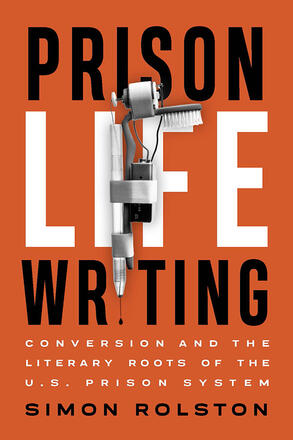
Prison Life Writing
Conversion and the Literary Roots of the U.S. Prison System
Description
Prison Life Writing is the first full-length study of one of the most controversial genres in American literature. By exploring the complicated relationship between life writing and institutional power, this book reveals the overlooked aesthetic innovations of incarcerated people and the surprising literary roots of the U.S. prison system.
Simon Rolston observes that the autobiographical work of incarcerated people is based on a conversion narrative, a story arc that underpins the concept of prison rehabilitation and that sometimes serves the interests of the prison system, rather than those on the inside. Yet many imprisoned people rework the conversion narrative the way they repurpose other objects in prison. Like a radio motor retooled into a tattoo gun, the conversion narrative has been redefined by some authors for subversive purposes, including questioning the ostensible emancipatory role of prison writing, critiquing white supremacy, and broadly reimagining autobiographical discourse.
An interdisciplinary work that brings life writing scholarship into conversation with prison studies and law and literature studies, Prison Life Writing theorizes how life writing works in prison, explains literature’s complicated entanglements with institutional power, and demonstrates the political and aesthetic innovations of one of America’s most fascinating literary genres.